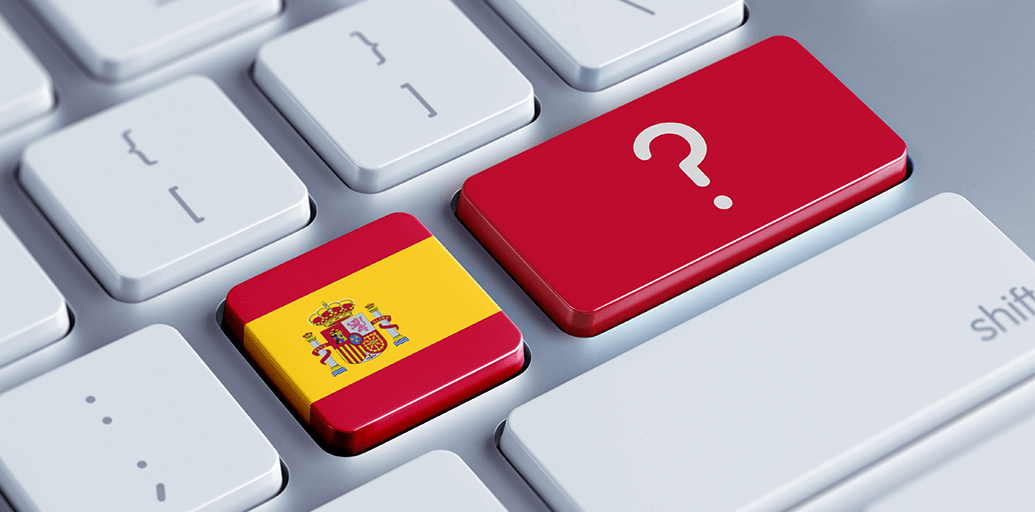Understanding real estate themes in Spain: NIE, DNI, CIF, NIF

Carrying out real estate transactions in countries such as Spain requires being up to date with certain administrative formalities. Indeed, residents and foreigners who own a home must have official documents such as the NIE, DNI, CIF or NIF. These are numbers that identify companies and individuals. To better understand these different Spanish acronyms, we invite you to read this article.
What is the NIE?
The NIE is an acronym that stands for "Número de Identidad de Extranjero", which means "Foreigner Identification Number". This terminology is related to real estate. The NIE is unique and specific to each foreigner residing on Spanish soil. Every traveller who wishes to reside in Spain must have one. It is issued by the General Police Administration closest to your place of residence.
The NIE is included in the public documents sent or handed out to new residents living in Spain. In addition, in order to purchase any property in this country, you must have this personal number. The NIE is characterised by its alphanumeric composition. In other words, in this number you will find alphabetical letters and also numbers. In general, an EIN code consists of a letter (X, Y or Z) as a prefix. This is followed by 7 digits and then another letter. As an example, you have X9957758M. In addition to being exclusive, this number will remain associated with you throughout your life in this territory.
Despite the usefulness of the NIE, European citizens must also have personal documentation from their country of origin. This official document can be obtained in Spain or abroad.

How to get it in Spain?
Although the Spanish nation issues this code at a lower cost, there are certain conditions that must be met in order to obtain it. Before applying for the NIE, your status must correspond to one of the following profiles:
- Student ;
- Employed in a Spanish company or in a private home;
- Contractor ;
- Citizen with sufficient financial means ;
- A citizen of a European Union country with a family member living in Spain.
If you fit one of these profiles, make an appointment online before going to the prefecture or police headquarters near your home. Try to bring the following documents with you:
- Your identity card or passport and copies;
- Completed Ex15 form ;
- Form 790 completed and printed ;
- Proof that you belong to one of the above profiles.
Once the application has been made and the €10 acquisition fee has been paid, you will need to wait up to 5 days to receive your number.
How do I get it abroad?
This official document is usually ordered from Spanish consulates or embassies in EU countries. It takes between 3 and 8 weeks to obtain. Of course, you will have to present the required documents and also pay the acquisition fee.
In addition, you have the possibility to apply for a non-resident NIE or resident NIE number. This depends on the length of your stay. If it does not exceed three months, it is recommended to order a non-resident NIE. After that, apply for a resident NIE, which will be very useful for tax and other transactions.
What is the DNI?
In order to identify an individual with Spanish nationality fiscally and physically, the administrative authorities use the DNI number. The DNI stands for "Documento Nacional de Identidad" and is the national identity card that every Spaniard living in Spain must have. It is compulsory to have it from the age of 14. Like the NIE, this document is personal and non-transferable.
The Ministry of the Interior assigns each inhabitant a code consisting of 8 digits and a control letter at the end (example: 00000000X). The DNI contains information such as your full name, date of birth, gender, address, home address, municipality, province, photo and parents' identity. In general, the DNI is smaller and more rigid than some European identity cards, including the French one.

What is the CIF?
Unlike the NIE, the CIF, which is the acronym for "Código de Identificación Fiscal", represents a code for identifying persons and companies established in Spanish territory for tax purposes. This Fiscal Identification Code was used by companies for tax operations until 2008. The CIF disappeared after the advent of the NIF, which allows the recognition of legal persons.
Note that the CIF is composed of 9 characters: a letter followed by 7 digits, then at the end there is either a letter or a number. In general, the last character of the code is a number when it concerns a limited liability company or a public limited company. The first letter of the code designates a type of company. In this case, the alphabetical letters used are : A, B, C, D, E, F, G, H, J, N, P, Q, R, S, U, V and W.
For example, the letter A stands for a "limited company", the B refers to a "limited liability company". The letter J, on the other hand, means that it is a cooperative or an association, and the G corresponds to a civil company. In this code, the first two characters following the first letter identify the province in which the legal entity is located.
Thus, for companies based in Spain, their code contains the numbers between 01 and 99. For those located in Madrid, their first digits include codes 28 and numbers between 78 and 88. Companies based in Barcelona have codes 08 and numbers between 58 and 68. If your company is located in Valencia, your CIF will contain codes 46 and numbers between 96 and 98. For non-resident companies, their CIF number is 00.
What is the NIF?
As a reminder, the NIF, for "Núméro de identificación fiscal" or "Fiscal Identification Number", replaces the CIF code, especially for companies. It is therefore similar to the CIF: 9 characters composed of letters and numbers. Like entrepreneurs, individuals who have a NIE or DNI also have a NIF. However, the NIF for resident foreigners coincides with the NIE and DNI for Spanish nationals.
Thus, a Spanish individual will be identified for tax purposes by his DNI, which is made up of 9 characters, including 8 digits and a control letter. On the other hand, it is the NIE that will be used to identify a foreigner who owns or wishes to buy a property for tax purposes.
Please complete the form by clicking below and our advisers will get back to you as soon as possible to discuss your project.
You can also contact us at +34 872 268 850








